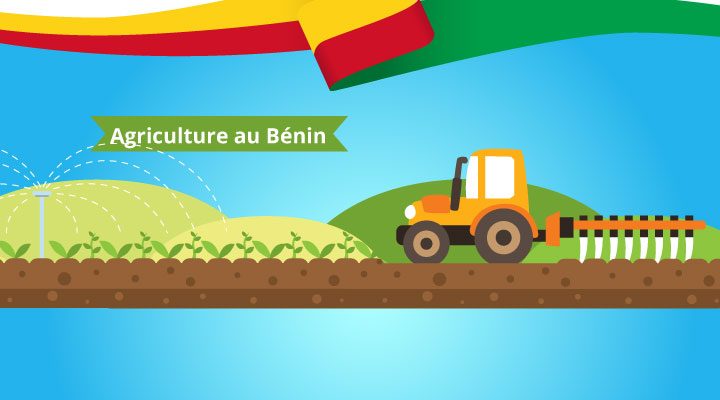In Benin, the dream of every parent was to see their child go to school and join the public service. Today the situation has changed, the pride of Beninese is entrepreneurship. One of the development strategies, as in many African countries, is therefore aware of the strength and economic power that young people could represent or at least represent. How does Benin adapt to this new global trend, not to say African?
What place for female entrepreneurship in Benin?
The Beninese government not only has a program focused on entrepreneurship but also gives this program an orientation in female leadership. The reason for this decision would have its source in psycho-sociology. Therefore, compared to the man, the woman would have an ease to multitask. She would also have a great capacity for making (good) decisions as well as a good long-term vision. Biologically, then, women are said to be predisposed to be an entrepreneur. Countries like Saudi Arabia have understood this (with 8 women entrepreneurs out of 10 men) or even Qatar or Ghana. So if we continue in this entrepreneurial logic in Benin, the obstacles to entrepreneurship are the professional obstacles of women. In other words, social stratification explains entrepreneurship. The latter is not developed because mentalities are still sometimes blocked on the role of women. A role that is limited to domestic tasks among others. A patriarcalism still present in African society suggests a timid entrepreneurial strategy. Thus, logic dictates that, to promote entrepreneurship, it is necessary to promote parity and therefore fight the social root of patriarcalism.
What about agricultural entrepreneurship?
The project to promote agricultural entrepreneurship was developed in Benin and aims to reduce poverty, the challenge of employment and food security among others. Cybelle Agosso is a young Beninese who benefited from this project. She became the owner of a soap-making business and began by employing four people. Almost 1,000 people have already benefited from this program. However, without performance indicators, this last figure allows us to understand the success of this project and the impact it will have on Benin’s capacity for creating economic activities. This initiative is a response to two realities in the country. Thus only 20% of arable land is exploited and 60% of the Beninese youth are unemployed. The project to promote agricultural entrepreneurship is therefore a way of reconciling these two realities in favor of the country’s economic development.
Read also: https://www.afrikatech.com/fr/entreprendre/interview-mamadou-aliou-diallo-co-fondateur-de-la-startup-agronews-guinee/
Other: https://idrisagri.wordpress.com/tag/entrepreneuriat_agricole/


Leave a Reply